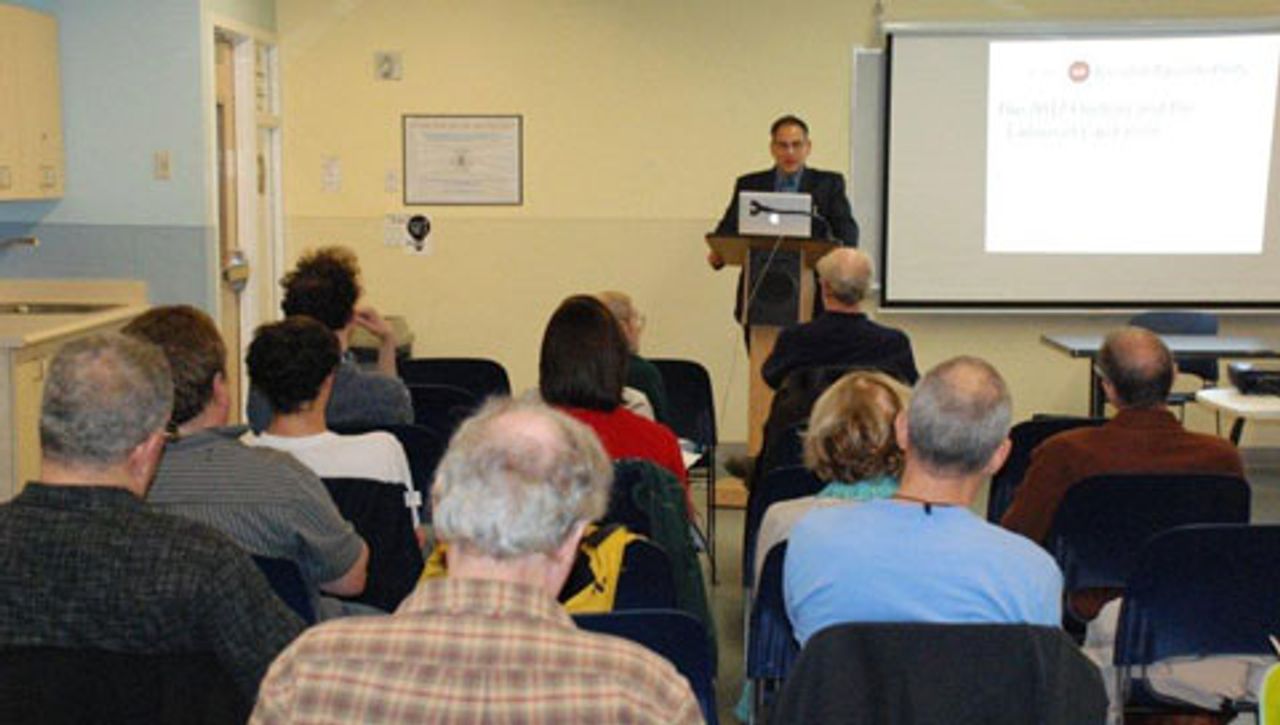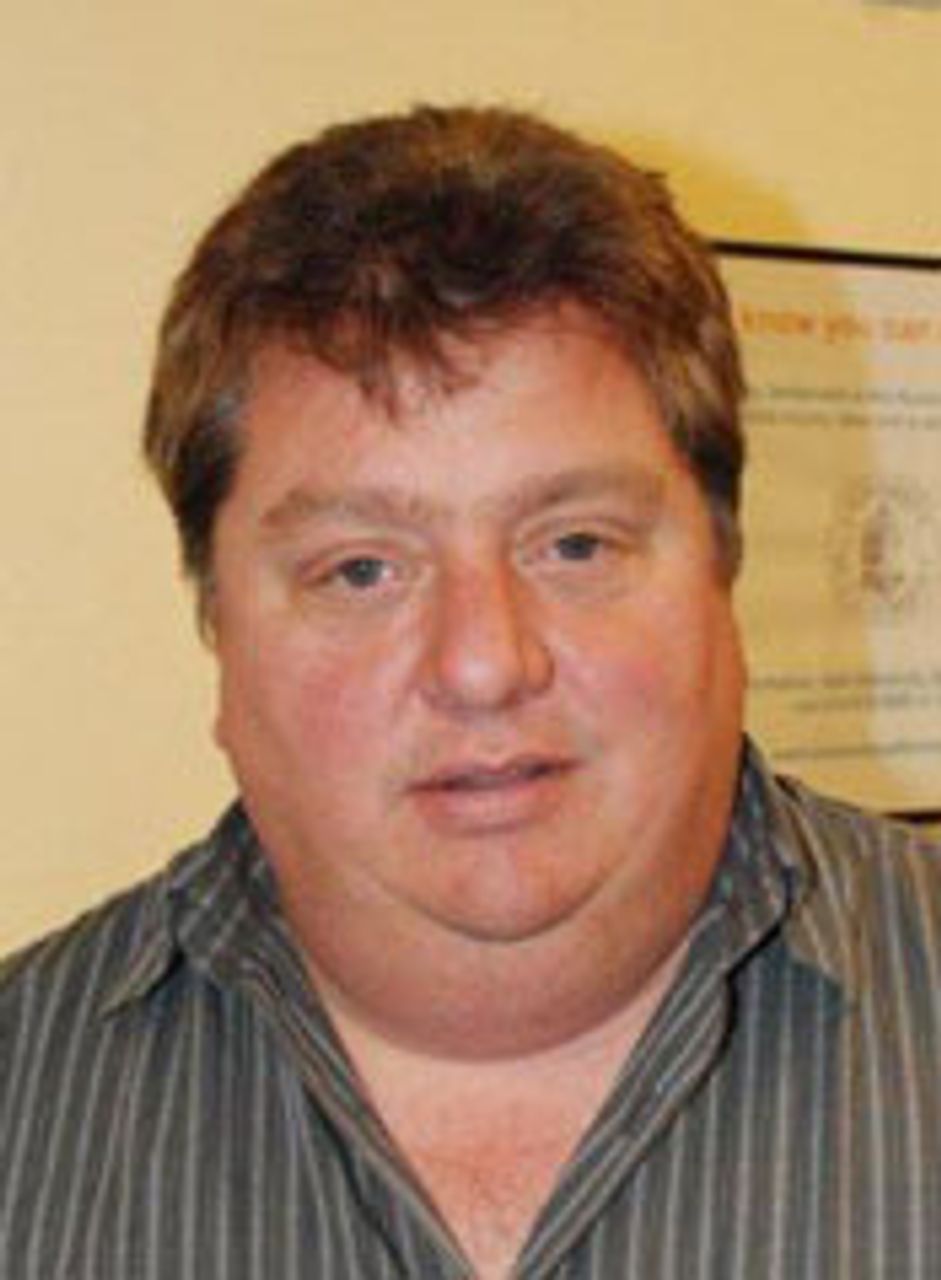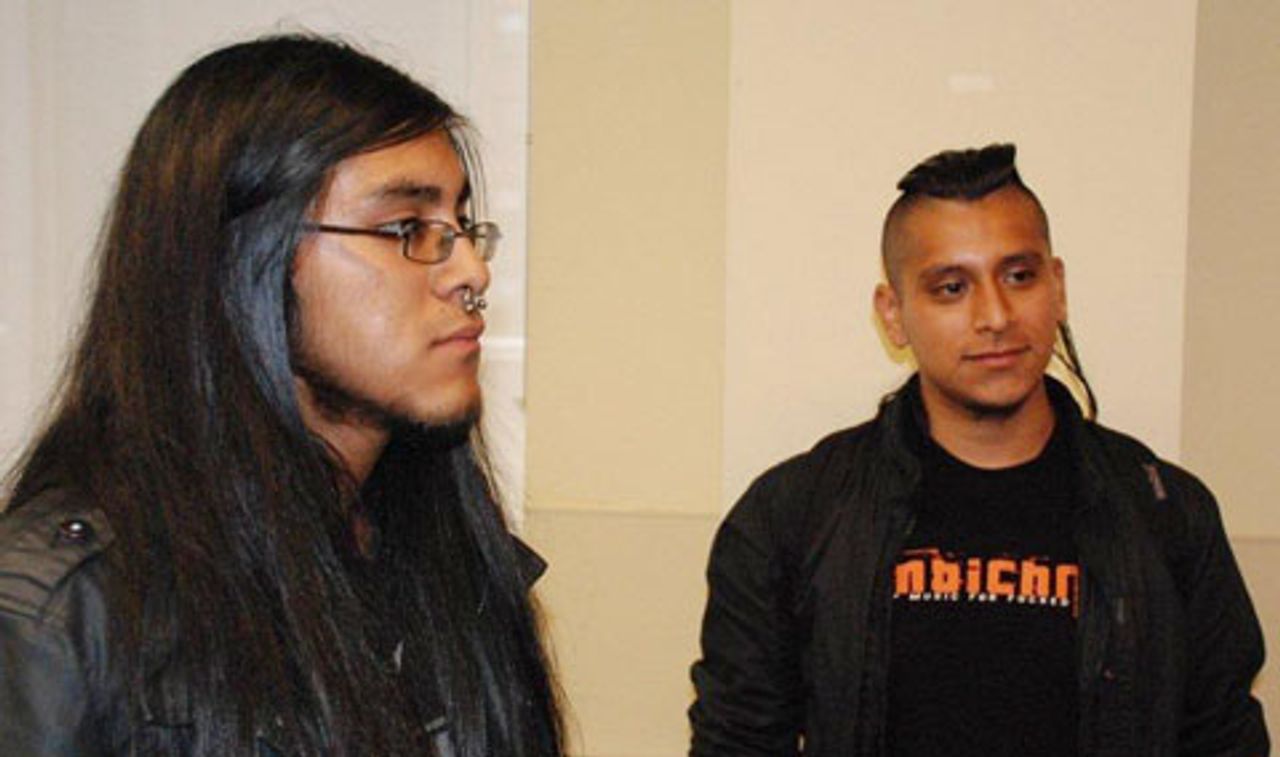 White speaking to the meeting
White speaking to the meetingSocialist Equality Party presidential candidate Jerry White concluded an East Coast campaign swing with a meeting in New York City Sunday. White campaigned the day before in Harvard Square in Cambridge, Massachusetts, and addressed a meeting in Cambridge on Saturday afternoon.
Coming just days after the first debate between President Obama and Mitt Romney, White presented the students and workers in attendance at the meetings with a genuine alternative to the policies of social counter-revolution pushed by both big business candidates.
After four years of the Obama presidency, conditions for the majority of New Yorkers has deteriorated significantly. Figures released last month by the US Census recorded nearly 75,000 more New Yorkers in poverty during 2011 than in the previous year. Unemployment continues to hover at 10 percent. During the so-called recovery, the vast majority of new jobs in the city have been in low-wage sectors such as retail and home health care.
White noted at the New York meeting that a flip to the New York Times real estate section suffices to illustrate the other side of the social polarization in the city. This Sunday’s “Big Deal” reported planned construction of a 95-story luxury condominium complex on Park Avenue, with one-bedroom units starting at $5 million and a penthouse going for $83 million. Wednesday’s debate, White explained, made clear that both political parties operate in the interest of the layer of super-wealthy able to score such accommodations.
“The only candid statement during the whole debate,” White said, “was Romney’s remarks that high income people will do just fine whether he or Obama win the election in November.” For the working class—suffering through record unemployment and homelessness, facing the destruction of social services, skyrocketing education and health care costs—neither candidate can offer any proposals to alleviate mass suffering.
White explained that Obama’s inability to go on the offensive against Romney and indict him as a brazen representative of the corporate elite is bound up with president and the Democrat’s own class position. “Obama’s pledge four years ago to unite Main Street and Wall Street has proved impossible.” Proof lies in Obama’s record, detailed by White, of bank bailouts, wage cuts, attacks on public education, expanded wars and the dismantling of democratic rights.
The failure of capitalism on an international scale has led to a resurgence of the class struggle. White pointed to the response of mining workers in South Africa, where strikes have spread to 75,000 miners despite the gunning down of 34 striking workers in August. Mass opposition has emerged against austerity in Greece and Spain. Workers in the US are coming into struggle as well, most recently in the strikes by teachers in Chicago and sewerage workers in Detroit—both coming under attack by Democratic mayors.
The lessons of these struggles show the necessity of fighting for the political independence of the working class. White explained that a key election principle was a break with the Democrats and Republicans and the building of a party of the working class, the Socialist Equality Party.
Following report, White took questions for over an hour. The international aspect of the campaign prompted a question from Brandon, a Queens College student, about the common issues that emerged White’s visits to Sri Lanka, Germany and England.
White responded by explaining the interconnectedness of the class struggle in resisting the domination of transnational corporations and US imperialism. He recounted meeting with Sri Lankan rubber plantation workers, who are brutally exploited yet resolved to fight for better living and working conditions. Workers in Sri Lanka, just as in the US, come up against the obstacles of their old trade union organizations.
Afterwards Brandon said he found the meeting very interesting. He highlighted the crippling debt burden that students like him face upon graduation. “We have to take a stand now or else we’re doomed.”
Another questioner asked about support for Obama to counter the extreme positions of Republicans on women’s rights and other social issues. White responded, “There is absolutely no way to fight the extreme right through the Democrats. A defense of basic democratic rights is inseparable from a struggle against extreme social inequality.” White illustrated this by citing the unprecedented decline of life expectancy for poor women and the enormous erosion of democratic rights over the last four years.
White responded to a question about the impending environmental crisis by contrasting the program of the SEP with that of the Green Party, which rejects the working class as a revolutionary force in society and appeals instead to the enlightened representatives of the capitalist class. “Technology has given mankind the power to liberate itself, but liberation depends on the use of that technology for human need, not private profit,” White told the audience.
 John McGarry
John McGarryAfter the meeting, John, a Verizon technician, said that White’s talk was very informative and clarified the SEP’s positions for him on many issues. He pointed out his agreement that nationalism is a tool used to divide the working class.
Approximately 45,000 Verizon workers throughout the Northeast were out on strike for two weeks last year. After a year without a contract, they are now considering a deal negotiated by the CWA union and Verizon. “This is a concessions contract,” John said. “It gives back what we fought for. The union should have stayed on strike. They castrated us. I see the traditional union structures are holding workers back rather than focusing their anger.”
 Ulysses and Osiris Coatl
Ulysses and Osiris CoatlOsiris, a 22-year-old from Brooklyn, said he would like to learn more about how the SEP’s policies can be implemented. “I’m disgusted with our living conditions,” he said. “I don’t like the way the Federal Reserve works; money should be under the control of the people. The government wastes so much money on wars. Nobody benefits from these wars.” He said he’s been trying to find a job for a long time, without success: “The only jobs that seem to be available are low-paying, part-time jobs.”
